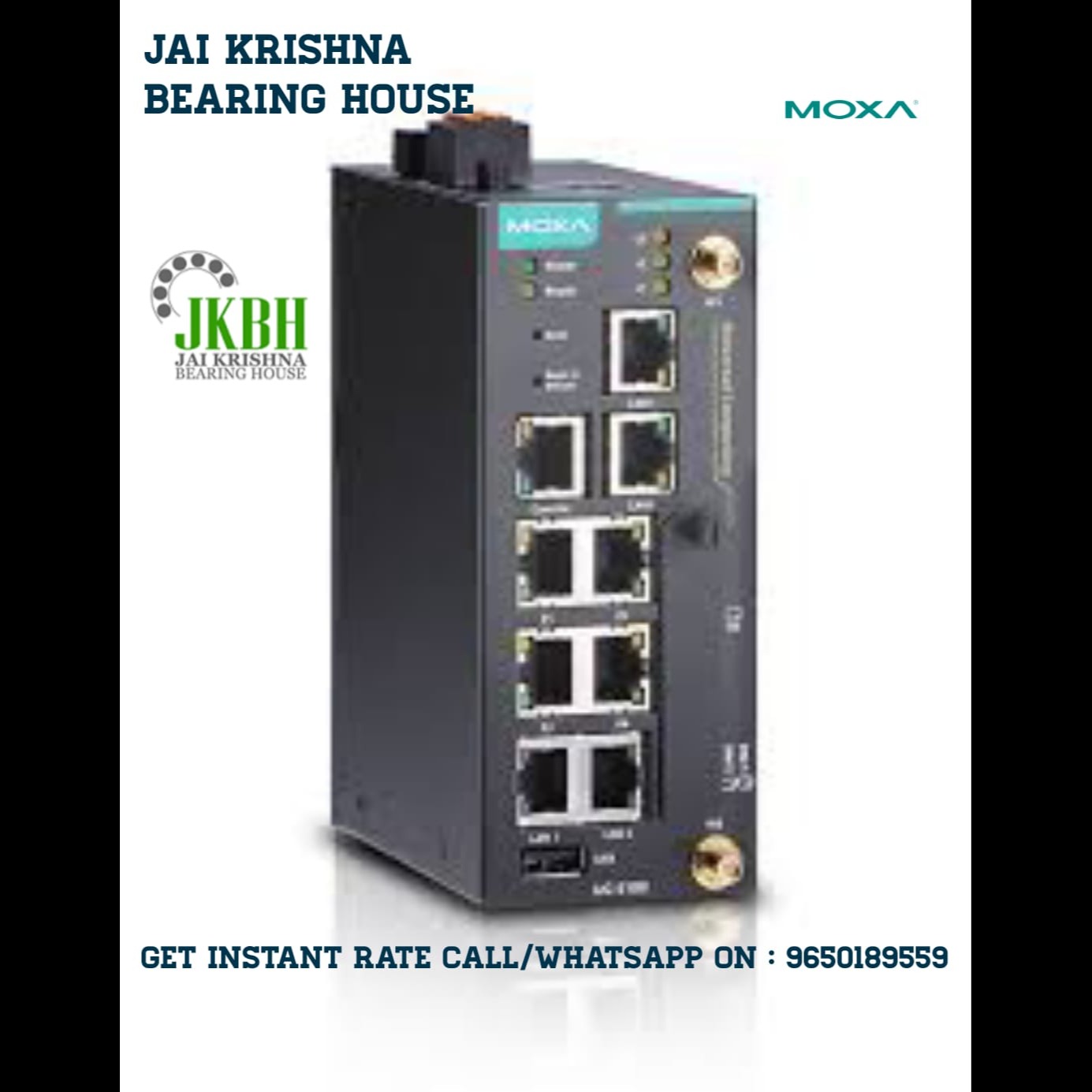
Weidmüller DRM (Digital Relay Modules) relays are components used for various industrial and automation applications. DRM relays are part of Weidmüller\'s broader portfolio of relays and industrial connectors, designed for controlling and protecting electrical systems. They typically feature advanced functionalities, including digital signal processing, control, and monitoring, and are widely used in automation and control circuits.
Here’s an overview of key features and characteristics of Weidmüller DRM relays:
1. Digital Signal Processing:
DRM relays typically handle digital signals, meaning they are often used in applications where the signal type is either on or off, or involves binary inputs/outputs.
These relays can interact with control systems like PLCs (Programmable Logic Controllers) and other automation equipment.
2. Compact and Modular Design:
DRM relays are designed to be compact and modular, making them easy to integrate into existing control panels or systems.
Their modularity allows for flexible configurations and quick replacements or upgrades without disrupting the entire system.
3. Various Types:
Weidmüller offers DRM relays in various forms, such as:
Relay modules: These relay types are designed for general switching tasks.
Safety relay modules: Used in applications requiring higher safety standards, ensuring proper isolation and fail-safe operation.
Time delay relays: These modules are for applications that require a time delay in switching actions.
4. Wide Range of Voltage and Current Ratings:
DRM relays are designed to operate over a wide range of voltages, typically 12V, 24V, 48V, and 110V DC or AC.
They are built to handle various current ratings, ensuring compatibility with diverse industrial applications.
5. Multiple Contact Configurations:
DRM relays can come with different types of contact configurations, such as:
SPDT (Single Pole Double Throw): Common for basic on/off switching.
DPDT (Double Pole Double Throw): Used when multiple circuits need to be switched simultaneously.
The contacts are often rated for switching both low and high power loads.
6. Reliable and Durable:
Weidmüller DRM relays are designed for high durability, with a strong focus on reducing mechanical wear and tear due to their design, leading to a longer lifespan.
These relays are typically tested to meet harsh industrial standards, including temperature fluctuations, vibration resistance, and electromagnetic compatibility.
7. Safety and Diagnostics:
DRM relays are often equipped with diagnostic features to monitor their status and provide feedback in case of failure or malfunction.
Features like LED indicators are used for visual diagnostics, making it easier for operators to see the relay status.
8. Integration with Control Systems:
DRM relays can be integrated seamlessly with automation and control systems, including programmable logic controllers (PLCs), human-machine interfaces (HMIs), and other digital control equipment.
They help automate processes by providing switching actions based on predefined control logic or sensor inputs.
9. Applications:
DRM relays are used in a wide range of industries, including:
Manufacturing automation: For controlling machines, conveyors, and other automated systems.
Building automation: For managing heating, ventilation, and air conditioning (HVAC) systems, as well as lighting and security systems.
Energy management: Used in systems for switching power or energy devices.
Automotive and transportation: In systems requiring precise control of lighting, motors, or switches.
10. Installation and Maintenance:
They are typically installed on DIN rails or mounted within control panels, making installation straightforward and space-efficient.
Maintenance of DRM relays is simplified due to their modular nature, allowing for easy replacement without disassembling large parts of the system.
11. Customizable and Scalable:
Since DRM relays come in various sizes and configurations, they can be customized to meet the specific needs of different applications. For example, the number of contacts and relay logic can be adjusted for specific circuit designs.
Conclusion:
Weidmüller DRM relays offer a robust and flexible solution for industrial control and automation. Their digital signal handling, compact design, and range of configurations make them suitable for various applications, from basic switching to complex automation systems. The high reliability, safety features, and ease of integration with control systems are key reasons why they are favored in industrial environments.
Keywords
easy replacement
spaceefficient maintenance
lighting motors
relay types
relay modules
manufacturing automation
basic switching
switching power
wide range
configurations make
contact configurations
flexible configurations
industrial environments
key reasons
flexible solution
system 11 customizable
simplified due
drm relays
din rails
typically installed
switches 10 installation
automate processes
integrated seamlessly
led indicators
malfunction features
provide feedback
diagnostic features
typically tested
longer lifespan
design leading
tear due
strong focus
high durability
switched simultaneously
110v dc
time delay
entire system 3
quick replacements
signal type
key features
industrial control
relay logic
multiple circuits
control systems
modular making
industrial connectors designed
complex automation systems
diagnostics drm relays
controlling machines conveyors
predefined control logic
control circuits heres
protecting electrical systems
modular nature allowing
digital control equipment
visual diagnostics making
existing control panels
disassembling large parts
energy devices automotive
managing heating ventilation
reducing mechanical wear
involves binary inputsoutputs
weidmüllers broader portfolio



